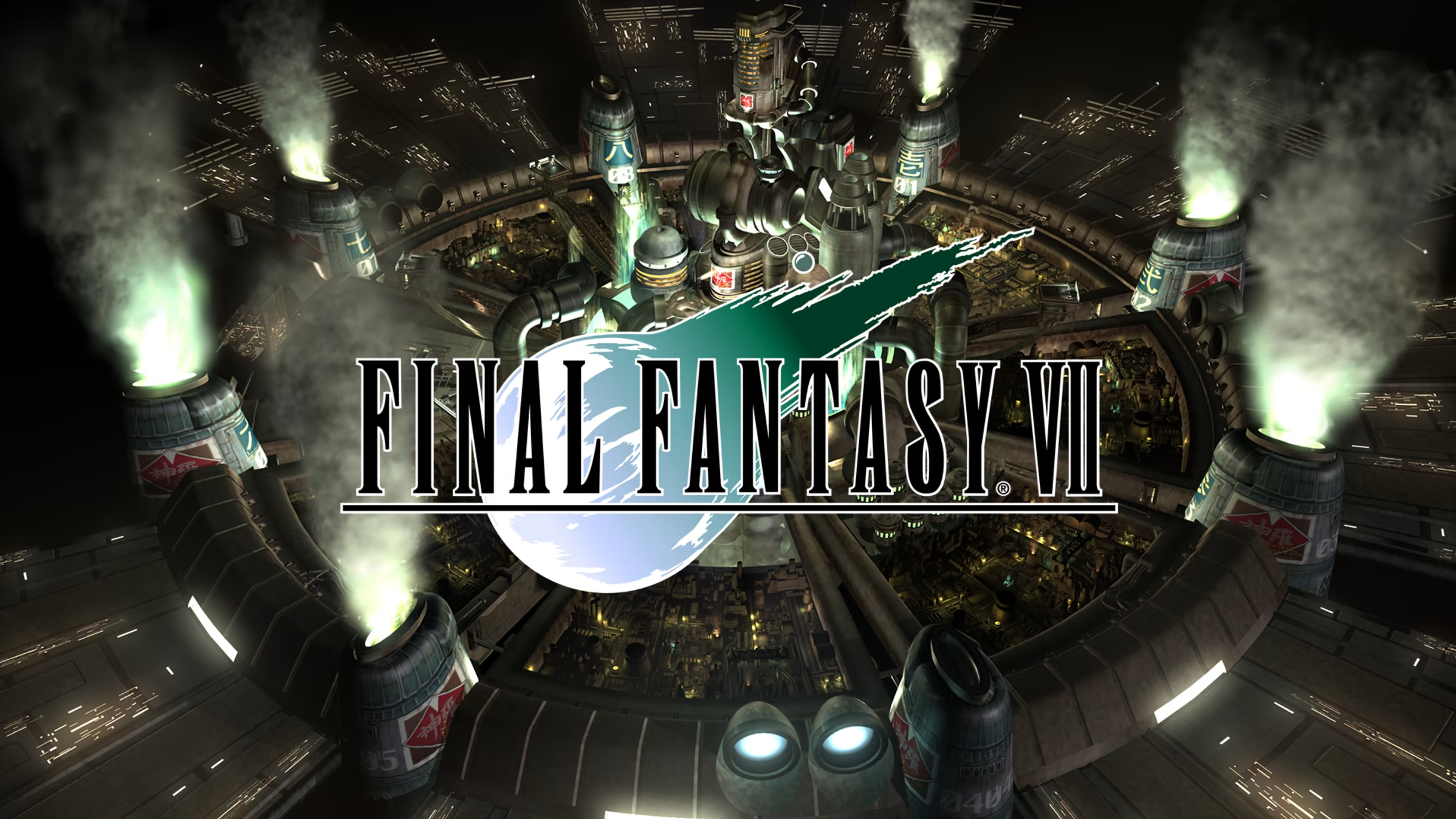One of my close friends and I tend to describe particularly transformative pieces of media as “brain-chemistry-altering,” in the sense that they continue to manipulate our thoughts and actions well after we initially viewed them. I first watched a playthrough of Final Fantasy VII’s PS5 remake right around when it came out in April 2020, in the early days of the pandemic. I had played a couple of the Final Fantasy games before but I knew from just watching videos of the game that its story and context would resonate with me for a long time.
Actually playing the original 1997 version of FFVII was transformative for a number of reasons. For one thing, I played an emulated version on Nintendo Switch and it wasn’t exactly optimized for the newer console. The game froze, and even crashed, at several points in the story, which definitely did a number on testing my patience. (This may or may not be due to the fact that I played a lot of the game both in God Mode and at 3X speed.) It’s necessarily a characteristic of the video game itself, but it did remind me of the fact that the original game is old and had a lot of technological restraints that made it less easily playable both in 1997 and in the present day.
Speaking of time – FFVII came out alongside Tomb Raider II and the original Grand Theft Auto, and a couple years after Chrono Trigger and Super Mario 64. In a time period where most RPG protagonists are hardened treasure-seeking scoundrels or righteous goody two-shoes who wear their cause like a badge, Cloud Strife strays from those archetypes. He initially presents a suave, self-confident, well-established mercenary who only does things that benefit himself. Something that actually caught me off guard while playing is that there are points where Cloud is actively reluctant to help others without the promise of a Gil reward. From the get-go, he doesn’t fit the stereotype of a typical hero, but this is made more apparent in a different light later on in the game.
Going back to my original point, I think the aspect of the game that really “altered my brain chemistry” was the storytelling – not solely the plot itself, but the form in which it’s delivered. When you’re first thrown into the game as Cloud Strife, a self-proclaimed ex-SOLDIER of Shinra, you enter a unique situation where the protagonist seems to understand as little about the world as you do. Cloud constantly needs to be brought up to speed by his party members on the state of affairs in Midgar and the “Meteor” plot. Overall, his motivations throughout the game are widely unknown, and his willingness to work with AVALANCHE and co. initially seems more motivated by the whole “not wanting a giant meteor to destroy the world” thing than it is by his actual relationships with the other party members. It’s honestly not until Aerith’s death at Sephiroth’s hand that I truly saw a crack in Cloud’s stone-cold facade.
Towards the ending comes the twist reveal that Cloud has actually stolen the memories of his late friend and mentor Zack Fair who died while protecting him. At a cursory interpretation, it’s not outlandish to label Cloud as a “fraud.” He technically assumes the identity of his late friend and parades around Midgar as one of Shinra’s strongest soldiers, when, in reality, he wasn’t even strong enough to withstand the lowest levels of mako injections in SOLDIER training. His friends, who either were once acquainted with Zack or pity Cloud enough to entertain his delusions, also don’t do much to counteract the deep-rooted trauma that ultimately near-cripples Cloud at the apex of the story.
What ended up making FFVII so impactful for me is that the game somehow finds a way to make Cloud’s trauma almost empowering to him as a character. It doesn’t just discount said trauma – for example, earlier in the story, Cloud is still deeply affected by the memory of Sephiroth marching through the burning rubble of his hometown of Nibelheim – but him coming to terms with these memories seem to empower him more than hold him back. He may not have been the infamous First Class SOLDIER that Zack was, but he definitely did a good job at acting the part. He utilized the knowledge of his past to literally heal from a coma and pull himself together to finish what he started. The end goal was the same as before, but his motivations towards it have changed: he ultimately saves the world in honor of both the friends and family that have left before him and the new companions that empower him to keep pushing forward to the end.

